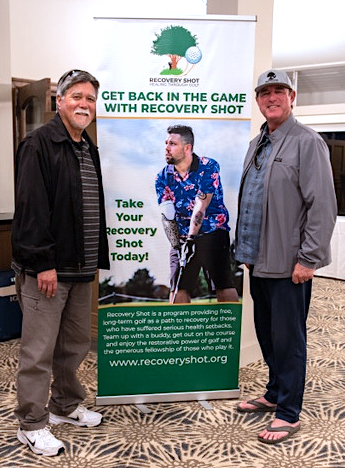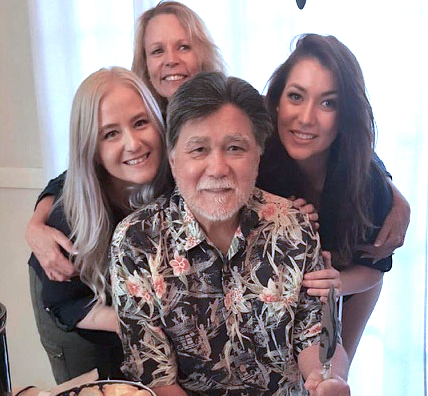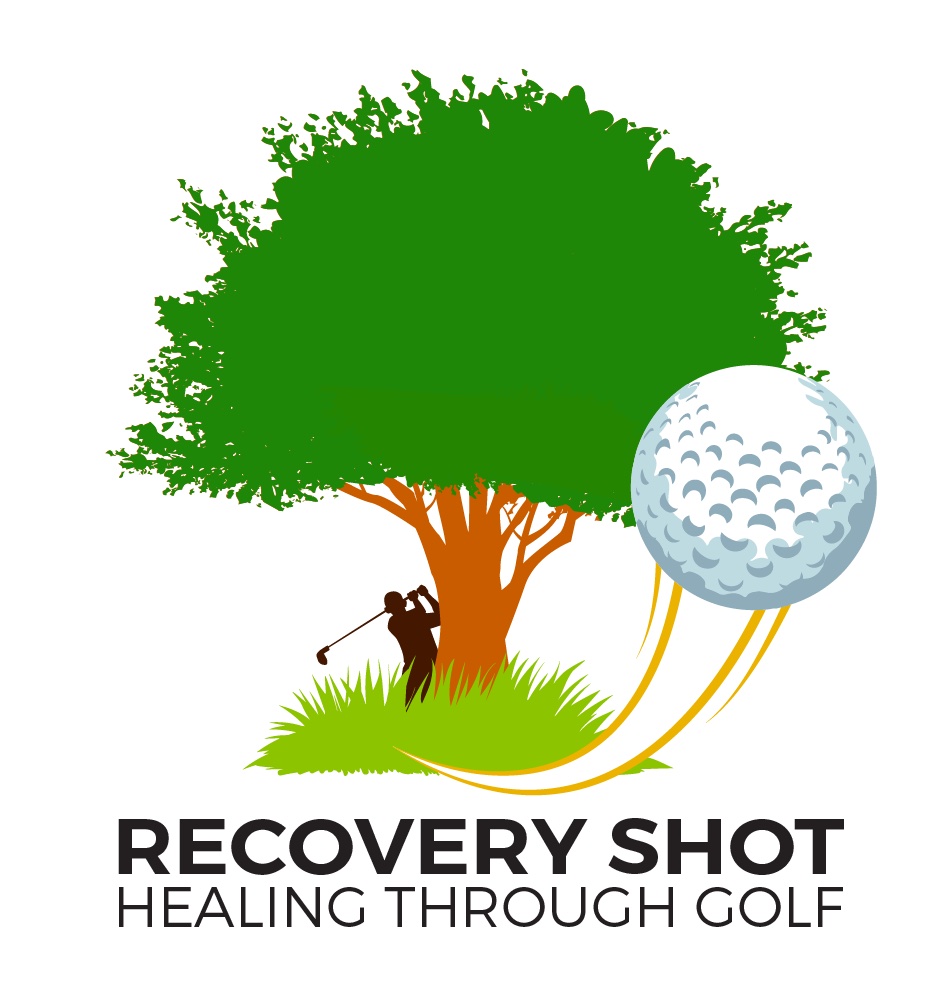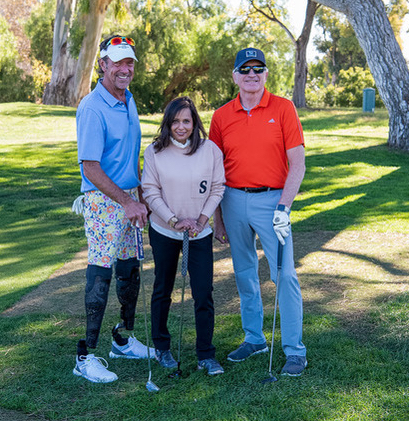In golf, a recovery shot is what gets you out of trouble. Jack Nicklaus calls it the greatest shot in the game. Just as the term “home run” may be from the game of baseball, it is used to mean “success” in everyday life. Recovery shot is a term like that—while born in the game of golf, can be applied in a myriad of ways. We don’t need or refer to a recovery shot when something good has happened. Rather, only when we’re in trouble, a recovery shot can happen, anywhere, any time — and the result is always positive.
This is the story of how that idea became
Recovery Shot, a new Los Angeles based non-profit created specifically to help anyone wanting to take advantage of the medically proven therapeutic values that exist in the game of golf.
Golf is a game that is measured by how many strokes you take to complete the round. Interestingly enough, it was that same word — stroke — that made Dennis Leoni the inspiration for what followed.
Dennis Leoni, an athlete, and now a successful award-winning Hollywood writer/producer/director, suddenly and unexpectedly, in 2015, became one of the 795,000 people who suffer a stroke each year in the United States. This data was not on the mind of 60-year-old Dennis when he awoke on the morning of December 22, 2015. As he made a routine “pit stop” to the bathroom and returned to bed with Debbie, his wife of 36 years, he began to feel “strange.” He never suspected he was on his way to becoming a stroke statistic.
“Everything went haywire,” Dennis remembers.
The former Hollywood stuntman was in good physical shape and a very good golfer who had played competitive pick-up basketball into his 50s. Debbie knew immediately that her husband was in big trouble. He walked back to the bed and she realized he looked “disoriented.”
“I asked if he was okay and he did not answer me and was holding his head,” she recalls, adding that Dennis sat on the bed and then collapsed.
She called 9-1-1 and was told to force her husband to sit up. While there’s no such thing as good luck in having a stroke, the Leoni family was lucky because they lived within close proximity to a Valencia fire station and a hospital. Help arrived in less than 10 minutes and five minutes later, they were at the hospital.
After two excruciating hours, their daughter Sierra arrived, Debbie got to the hospital. On her way to Dennis’ room, she ran into a nurse who gave her an update.
“We have to put him on a ventilator,” the nurse said.
That information “dropped me to my knees,” Debbie remembers. “I got up, pulled myself together and said to myself: This is it. This is where it starts, but you are going to give everything you’ve got and we are going to be okay. The doctors had given him less than a one percent chance of survival. The fact he was alive was enough for me.”
Her experience in the television industry as a producer of projects and manager of people gave her the confidence to take charge.
“My mom gets things done,” Sierra boasts. “She was the driving force behind his recovery.”
Dennis had already beaten odds while he was working in the entertainment industry. He graduated from his stuntman career and went on to create Resurrection Blvd., the first and longest running Latino prime-time drama in the history of U.S. English language television. The show aired on Showtime for three seasons.
During the first week of January 2016, while doing his rehab work, Dennis suffered a second stroke, making him among 23% of stroke victims who suffer multiple strokes. The second stroke took part of his peripheral vision in both eyes.
Six-and-a-half weeks after his first stroke, Dennis — against incredible odds and to his complete joy — finally got to go home to continue his rehab. The new phase of recovery was about to begin.
The couple’s younger daughter, Selena, was living in Las Vegas at the time of Dennis’ first stroke, and arrived at the scene at 8 p.m. that evening. At the time, she did not know she would end up staying at the family home for the next several months, helping with the day-to-day care of her father, serving as “executive chef.”
Selena, who normally made every meal from scratch, remembers the day she made tomato soup — her dad’s favorite. But that day, Dennis had other ideas. He got up by himself and headed into the kitchen.
“This man is going to make himself a hot dog!” Selena said. And that’s what he did.





No comments